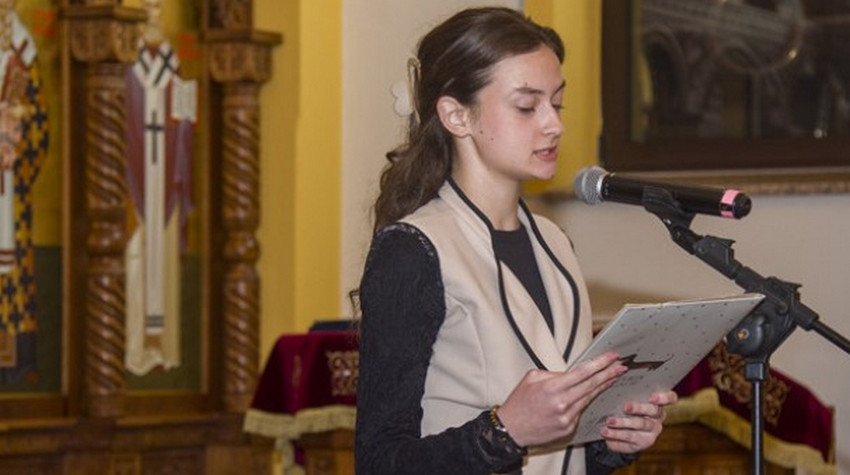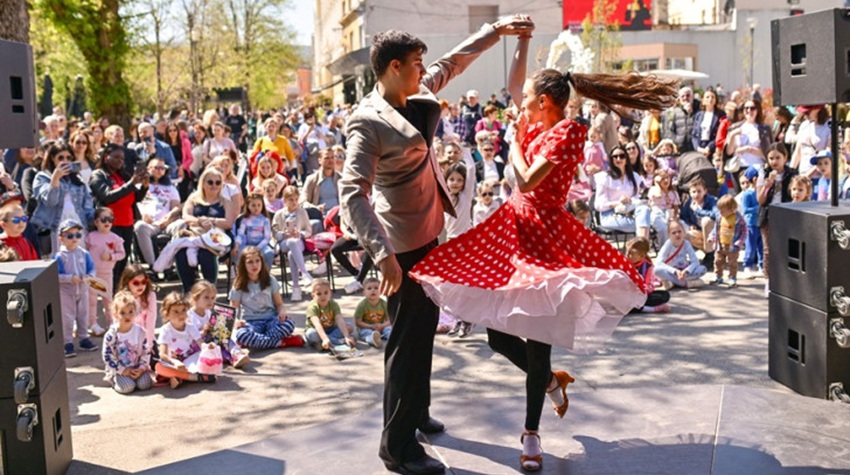SOULS' DAY IS COMING, AND HERE ARE THE CUSTOMS TO BE FULFILLED
This year's first All Souls' Day, observed by Orthodox Christians, falls on March 9th. According to tradition, on this day, gravesites are visited and cleaned, candles are lit, and church visits are made.
The symbolism of All Souls' Day lies in remembering the
deceased, so it is important to light a candle in their memory. If you cannot
visit the gravesite, you can go to church and dedicate a candle to the deceased
person's soul.
What should you take to church when attending the morning liturgy for All Souls' Day?
When attending All Souls' Day liturgy in church, it is
essential to bring boiled wheat, red wine, a candle for the wheat, a candle for
each deceased person, or one large candle for all, a list of names of your
deceased loved ones, and, if possible, a monetary donation for the church.
After the liturgy, a memorial service is held in the church,
followed by a visit to the graves of the deceased.
What should be brought to the cemetery for All Souls' Day?
When visiting the gravesite for All Souls' Day, it is
customary to bring a candle, wheat, and red wine, each serving a specific
purpose. The candle symbolizes the light of Christ, while the wheat reminds us
that "unless a kernel of wheat falls to the ground and dies, it remains
only a single seed" as said by Jesus Christ. The priest will pour wine
over the wheat, symbolizing God's mercy to heal the wounds of sin.
It is believed that on All Souls' Day, lighting candles for
the deceased ensures they are not "in the dark" throughout the year.
Many believe that wheat and food are prepared for the deceased, but the truth
is that they are given to those gathered and passersby who will mention the
deceased in prayers.













